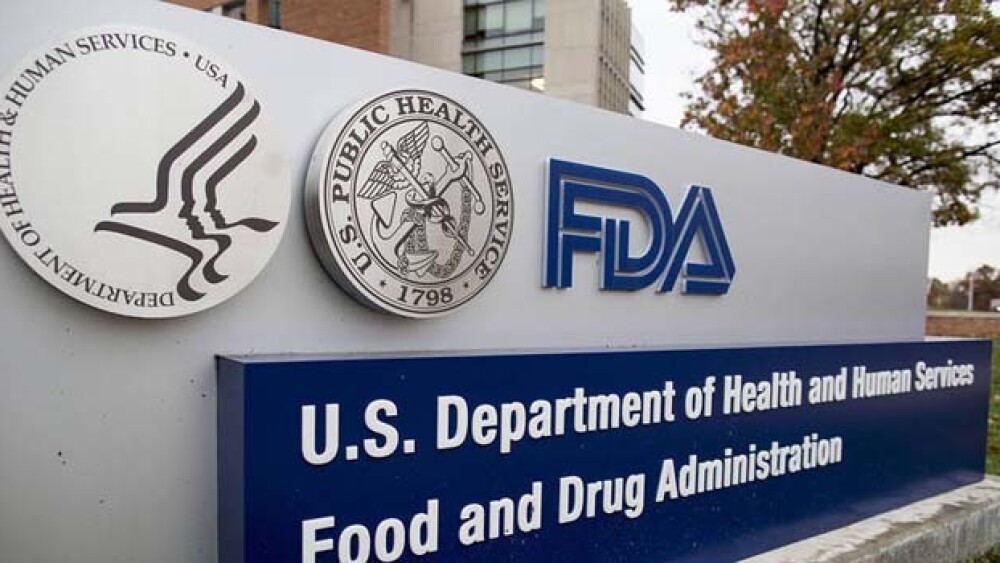As gene therapies have become reality, the U.S. government is removing some special regulations that had been set up long ago over concerns of exotic safety risks.
As gene therapies have become reality, the U.S. government is removing some special regulations that had been set up long ago over concerns of exotic safety risks.
The Associated Press reported that a National Institutes of Health oversight panel will no longer be called upon to review all gene therapy applications. That panel will now take a broader advisory role, the AP said. The U.S. Food and Drug Administration (FDA) will now look at gene therapy treatments as it down all other types of medications.
In an article penned by NIH Director Francis Collins and FDA Commissioner Scott Gottlieb, the two said the decision to change the NIH oversite role is a good one, as it duplicates the FDA’s regulatory efforts, the AP said. Currently, there are more than 700 gene therapy proposals pending before the FDA. Gottlieb and Collins said the tools currently used to address other areas of science “are now well suited to gene therapy,” the AP reported.
Gene therapies have made significant advancements over the past few years, with some even scoring regulatory approval. For example, in March, the FDA approved Spark Therapeutics’ Luxturna (voretigene neparvovec), a gene therapy for a rare, genetic form of blindness. It was the first time the FDA approved a directly administered gene therapy that targets a disease caused by mutations in a specific gene. Last year the FDA approved the first CAR-T cancer therapies.
At the time of Luxturna’s approval, Gottlieb said he believes gene therapy “will become a mainstay in treating, and maybe curing, many of our most devastating and intractable illnesses.”
The AP noted that the rules being changed only concern gene therapies that alter DNA to treat diseases following birth. The rule changes do not cover embryos, eggs or sperm to correct potential disease. Those kinds of gene therapies are prohibited, the AP said.
The new changes will not go into effect until a period of public comment has passed. There is significant support among the pharma and biotech sectors for the changes, the AP said. Jeffrey Kahn, who heads up the Bioethics Institute at Johns Hopkins University, said the move is “consistent with recommendations from the Institute of Medicine several years ago,” the AP said. Kahn added there are mechanisms in place to protect patients and said gene therapy no longer needs to be treated as a “special case of clinical research.”
Leigh Turner of the University of Minnesota Center for Bioethics told the AP that she agreed the FDA has the tools to handle the regulatory oversite of gene therapies.
“I don’t think this is somehow a massive deregulation. We never want to become blasé or cavalier about gene therapy clinical trials. Careful scrutiny, whether by one body or two, is as important as ever,” Turner said, according to the report.





